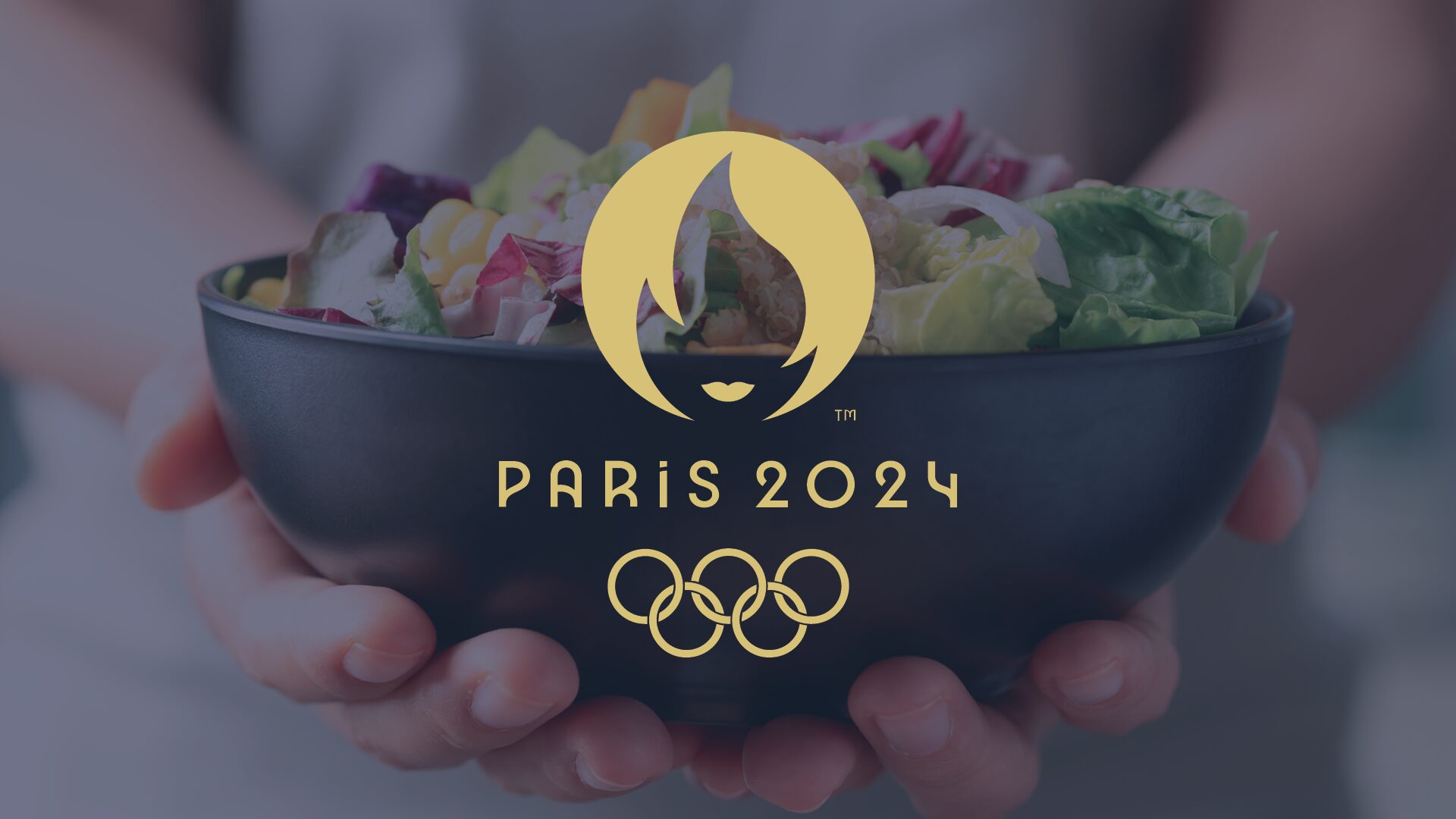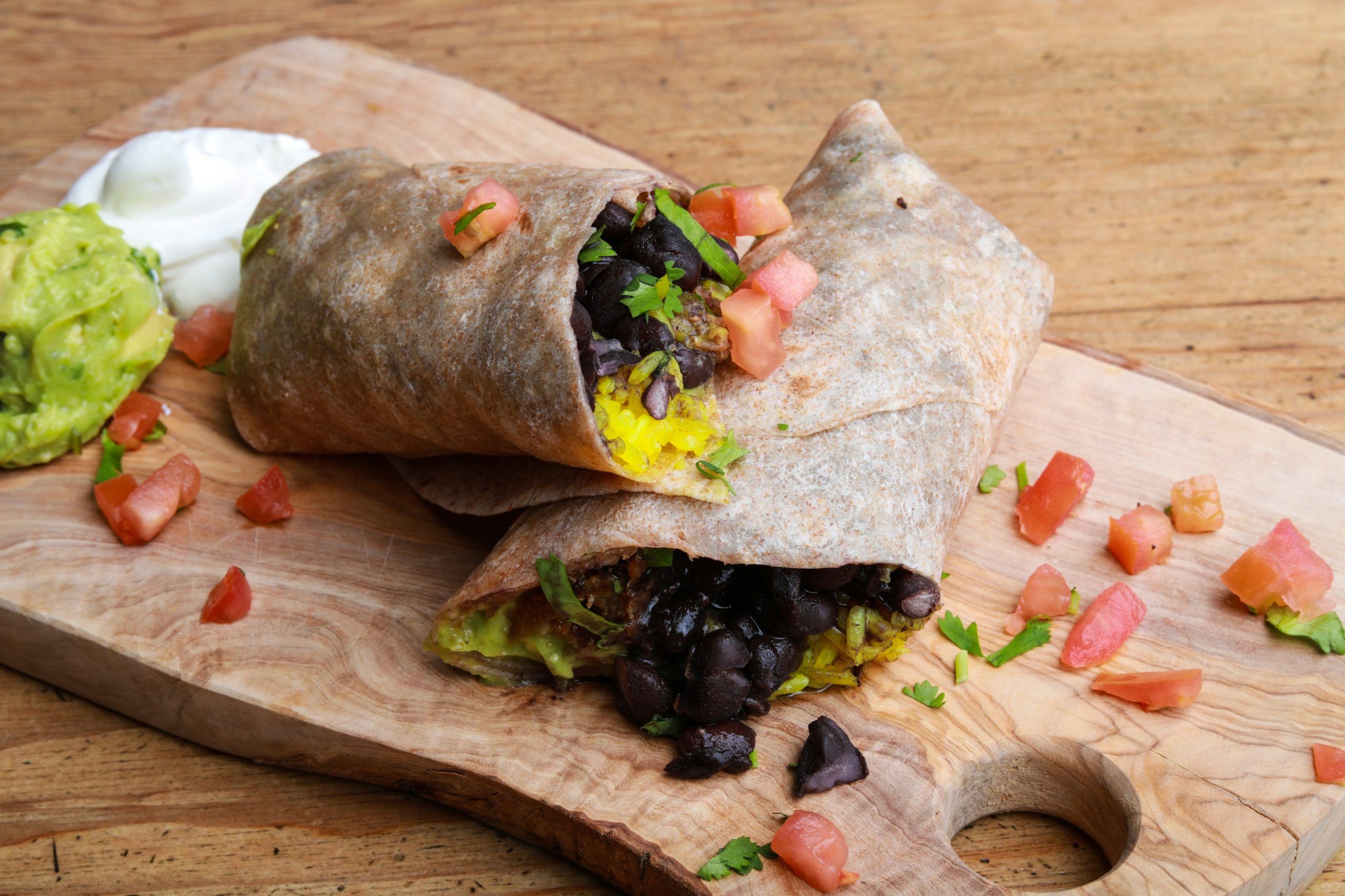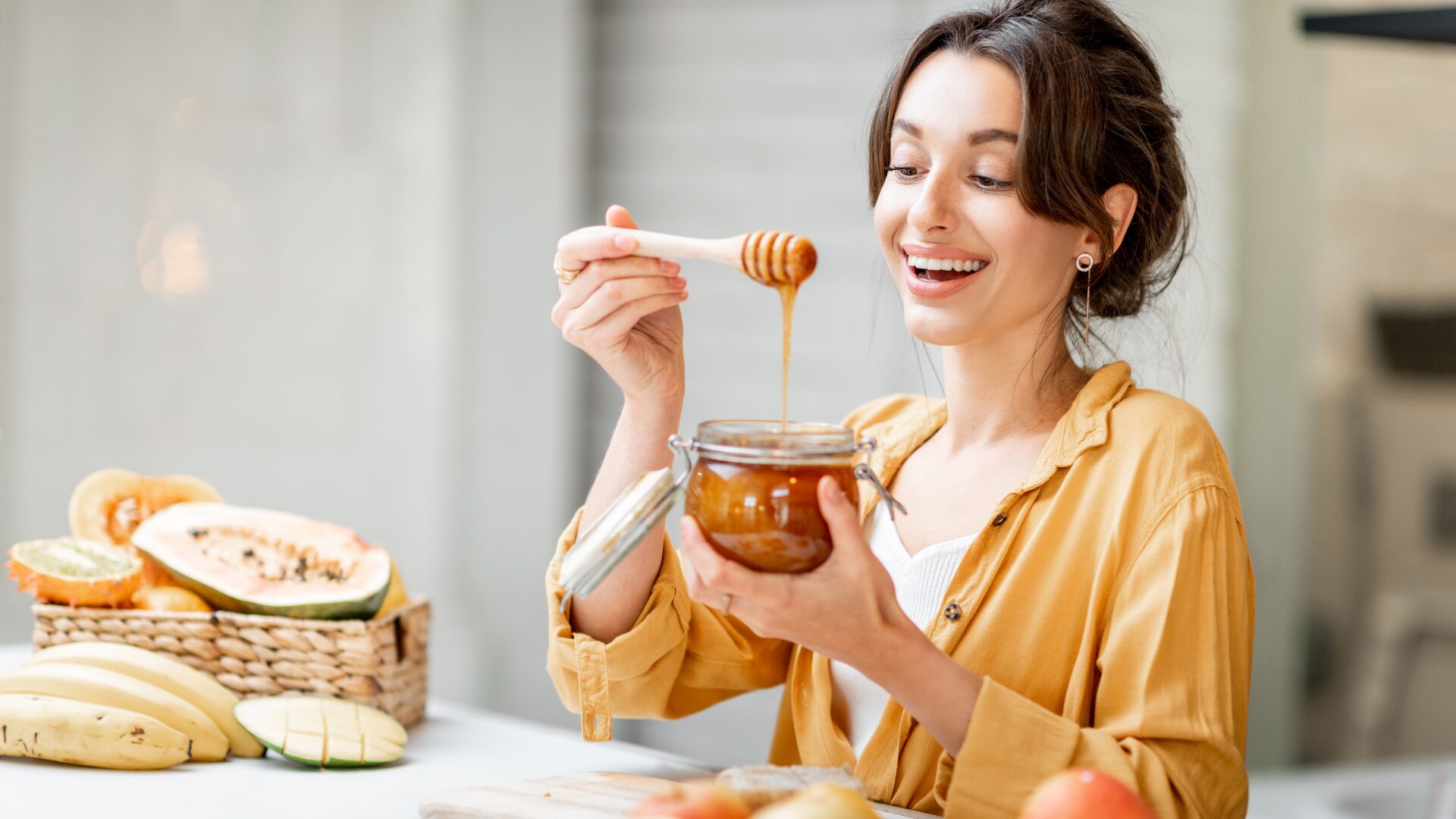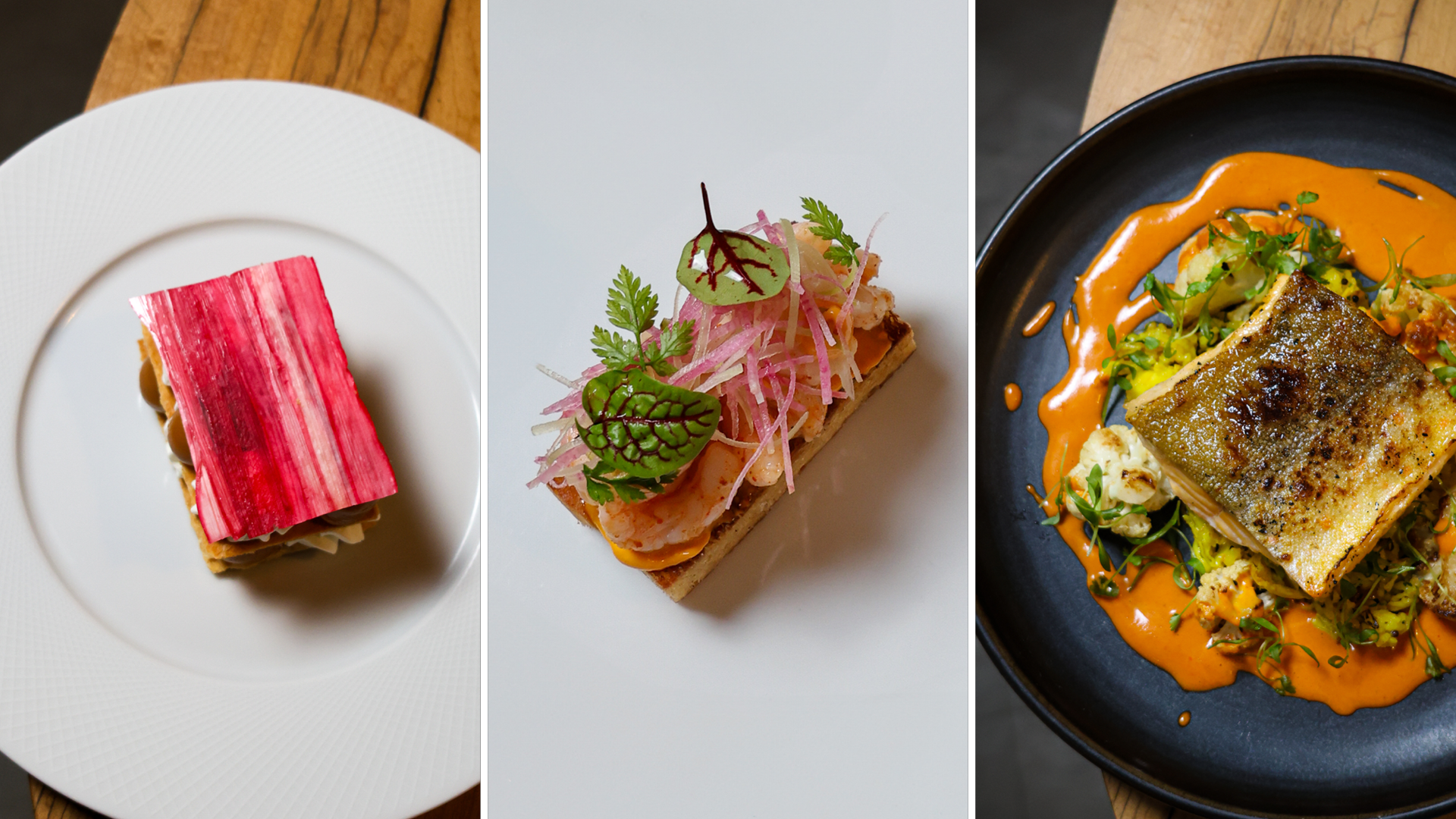PARIS – July 6, 2024. As Paris prepares for the Olympics, this global icon of culinary tradition is embracing newness and change. As the Ville Lumière (The City of Light) prepares to host around 10,500 athletes and approximately 15 million tourists for the Summer Olympics, the Parisian food scene is adapting and growing in once unthinkable ways.
Global appetites have changed to reflect the current state of the world, demanding an increased awareness of health and wellness, greater financial accessibility, embracing the new, and prioritizing community and connection during a fractured international atmosphere.
Paris will always be the grande dame of French cuisine, but bubbling beneath that surface are new and rediscovered ways of eating and drinking. Here are our picks of Paris’s current and predicted food trends ahead of the 2024 Olympics.
Health-forward and Wellness-inspired
It’s no surprise that healthful, nourishing food is in the spotlight ahead of the Olympics this summer. Combine that with the rise of wellness culture and the French practice of embracing self-care and prioritizing good living (bien vivre!), and Parisians have more options than ever for food and drinks that put health first and tap into the latest wellness trends. 48 Collagen Café in the 10th arrondissement exemplifies this attitude with its inside-out approach to wellness – a lush sensory experience, customers can sip colorful plant milk lattes full of colorful, adaptogenic, and collagen-rich additions categorized by mood goals, such as the élixir aphrodisiaque with plant milk and coconut yogurt, ashwagandha, ginger, figs, and cinnamon, while wearing one of the wall-mounted red LED light masks.
Embracing Non-traditionalism
French food has a reputation (deserved or not) for strict rules, which makes it all the more dramatic when they’re shrugged off. Food trucks have found a ready audience in The French capital, with new institutions such as Le Camion Qui Fume (the smoking truck) becoming well known for its elevated versions of the classics and impressive burgers. Social media trends have also helped to push that needle. The recent success of the ‘crookie’, a croissant-chocolate chip cookie hybrid, saw inventor Maison Louvard bakery sell a whopping 2,300 per day thanks to the newly coveted pastries going viral on TikTok.
Community and Connection
In a post-COVID world, establishments want to bring a true sense of connection and a community focus to their work. Dining at Middle Eastern-inflected Mokonuts feels like walking into a family home that just happens to be serving wildly original yet casual food. Yet despite its success, the restaurant closes at 5:00 p.m. so the couple who run it can get home for their children’s bedtime. We also see this craving for kinship in the resurgence of bouillons, canteen-adjacent establishments that traditionally catered to blue-collar workers in need of a quick meal. At Bouillon Pigalle, you queue with fellow patrons for one of the 300+ seats before ordering classic French bistro fare at almost shockingly affordable prices in a communal, welcoming environment that encourages friendly conversation with all.
Natural Wine
France, famous for wine production and consumption, has embraced the trend for natural wine in a big way. Folderol, in Paris’s 11th arrondissement, is a natural wine and dessert shop developed as a family-friendly spot (wine for the grown-ups, seasonal hand-churned ice cream for the kids) that became incredibly popular due to its relaxed, pleasure-forward aesthetic. And at Lolo Bistrot in the 8th arrondissement, French natural wines dominate the menu as a nod to reducing the spot’s carbon footprint. Freedom while ordering is encouraged, with no prescribed wine and food matches.
Plant-forward
Sixty percent of all meals served at the upcoming Olympics will be plant-based, a sure sign that meat-and-cheese loving France has fully embraced plant-based cuisine. The menu is rumored to contain plenty of fruit, locally-sourced lentils and quinoa, and plant-based meat. A quarter of the French population describes itself as flexitarian despite the fact that the country’s average meat consumption per person is twice the global average. Increased awareness around meat production and sustainability-related concerns means that the country is shifting towards a greener way of eating.
Bon appetit!
The Food Institute Podcast’s “Foodservice Gamechangers” Series
Get to know the men and women behind the scenes of foodservice distribution in a new, limited series from The Food Institute Podcast called “Foodservice Gamechangers.” Recently, Pat Mulhern, advisor to The Food Institute, sat down for brief conversations with seven of the most influential foodservice merchandising and distribution leaders. Highlighting their food career journeys and management styles, the conversations feature insightful thoughts on what may lie ahead for manufacturers, distributors, and operators in foodservice.












